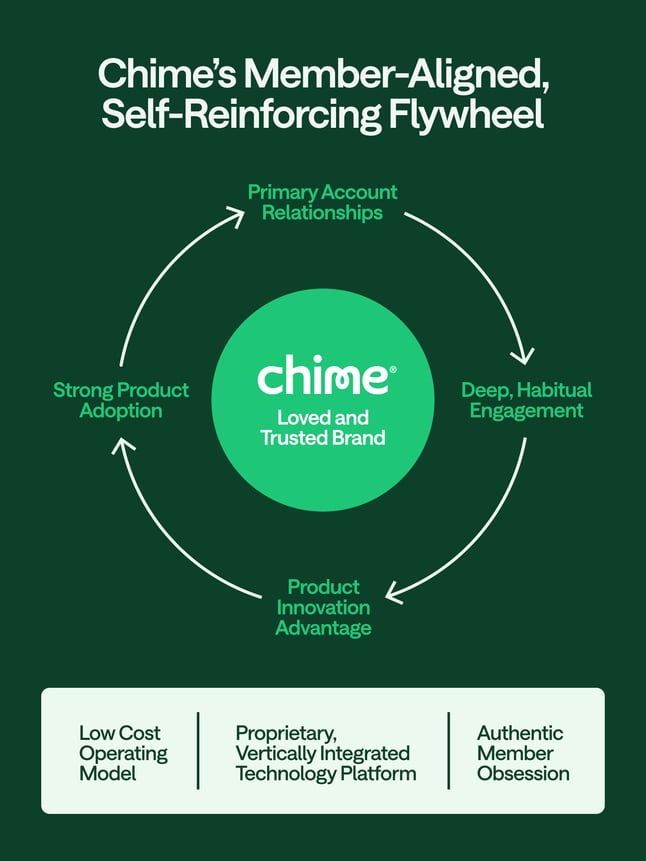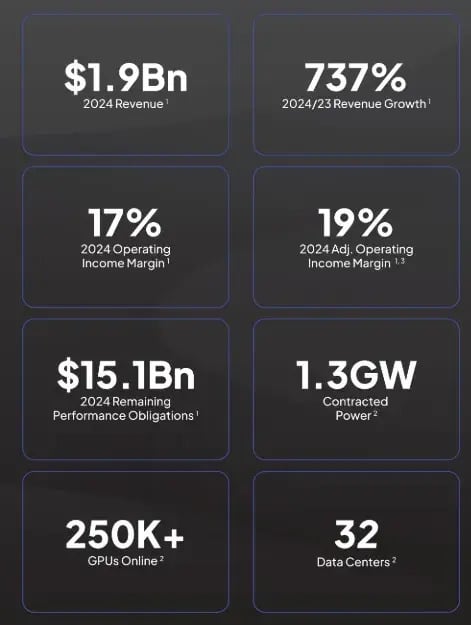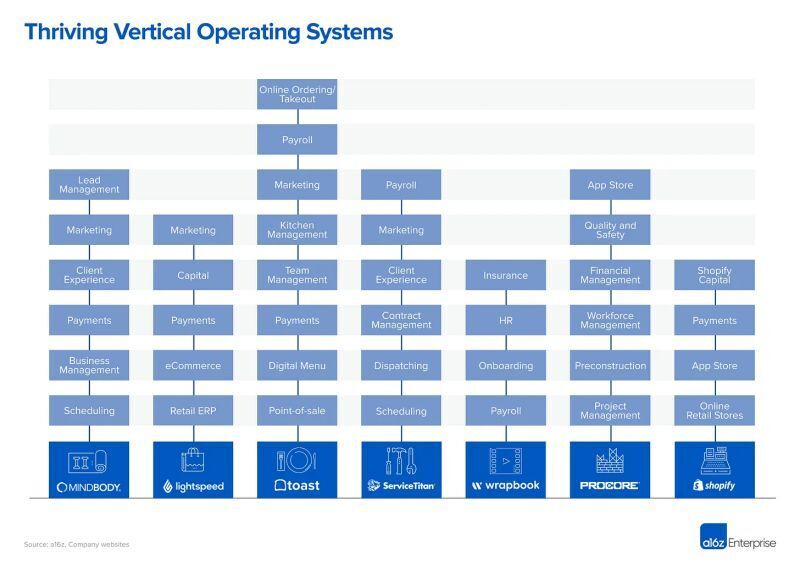
Friends that fight each other
Author’s Note: This is an updated version of the first post I wrote once I started taking the newsletter seriously. That was way back in January of 2022… before we found, what I call, “audience market fit”.
A lot has changed since then. First off, the name of the newsletter was still “Steal My Idea.” I was making up business ideas and then painstakingly calculating metrics on them… like TAM and CAC Payback period for Dog Park Cameras and Monthly Vintage Concert Tee Shirt Boxes. Yea, I’m a weirdo. But it’s all part of the journey.
Second of all, we had like 200 subscribers back then (including all my first cousins and mother in law). Since then we’ve crossed the 25,000 mark, made some great friends, and bought Wally a lot of ice cream. I want to reshare and refresh this post so readers can learn a little bit more about me and why I think the way I think (disclaimer: I don’t believe it’s due to CTE, but IDK). Enjoy.
Subscribe to our premium content to read the rest.
Become a paying subscriber to get access to this post and other subscriber-only content.
UpgradeYour subscription unlocks:
- In-depth “how to” playbooks trusted by the most successful CFOs in the world
- Exclusive access to our private company financial benchmarks
- Support a writer sharing +30,000 hours of on-the-job insights








